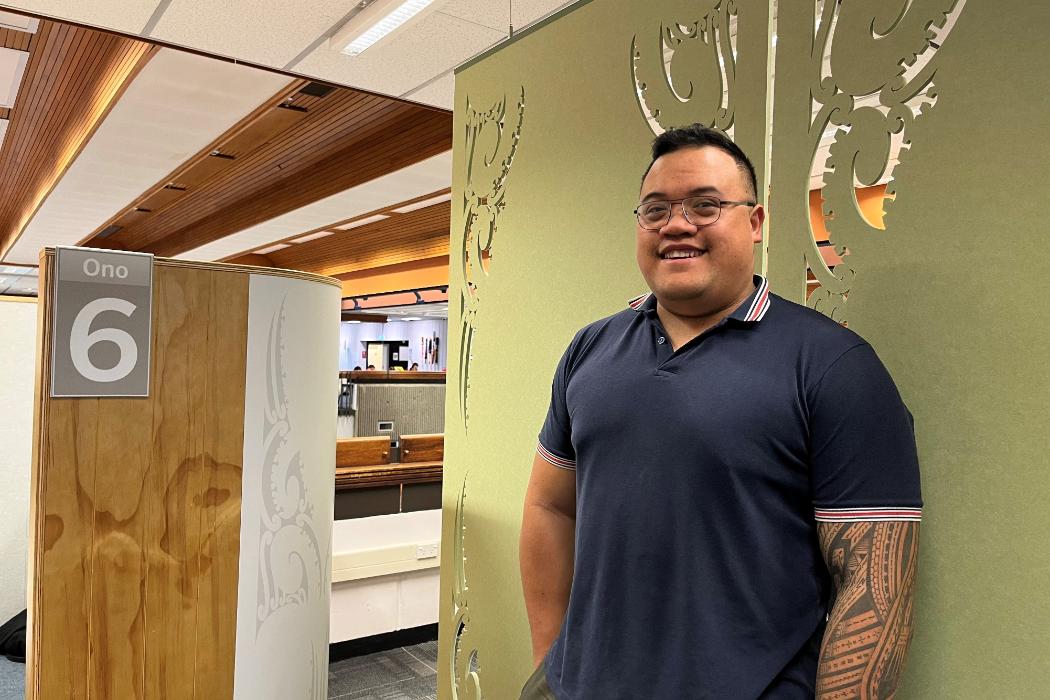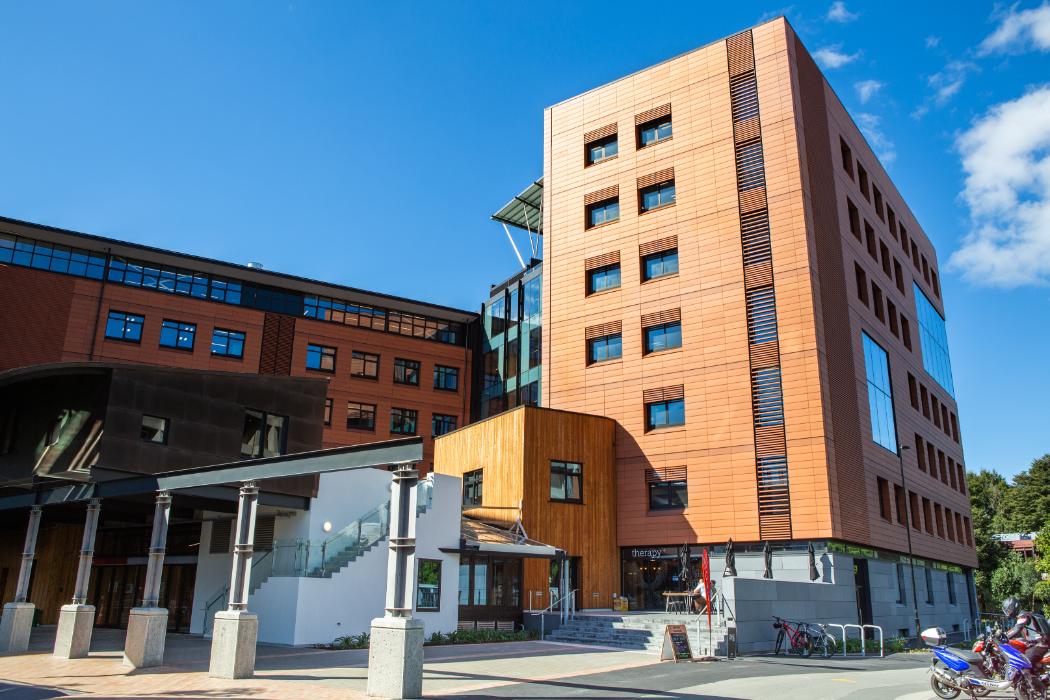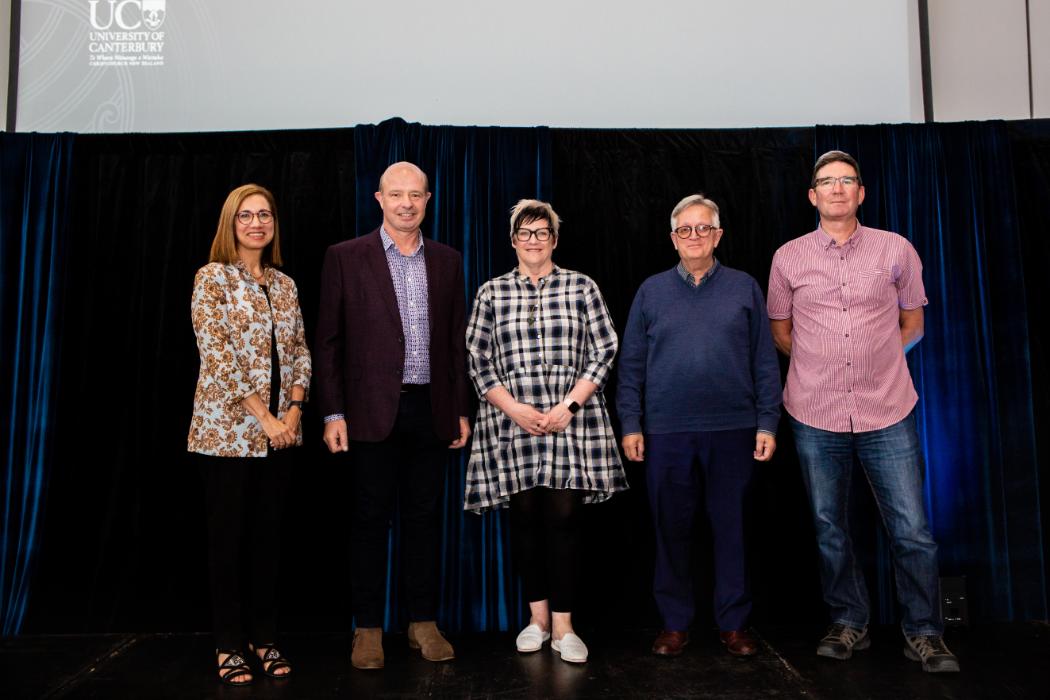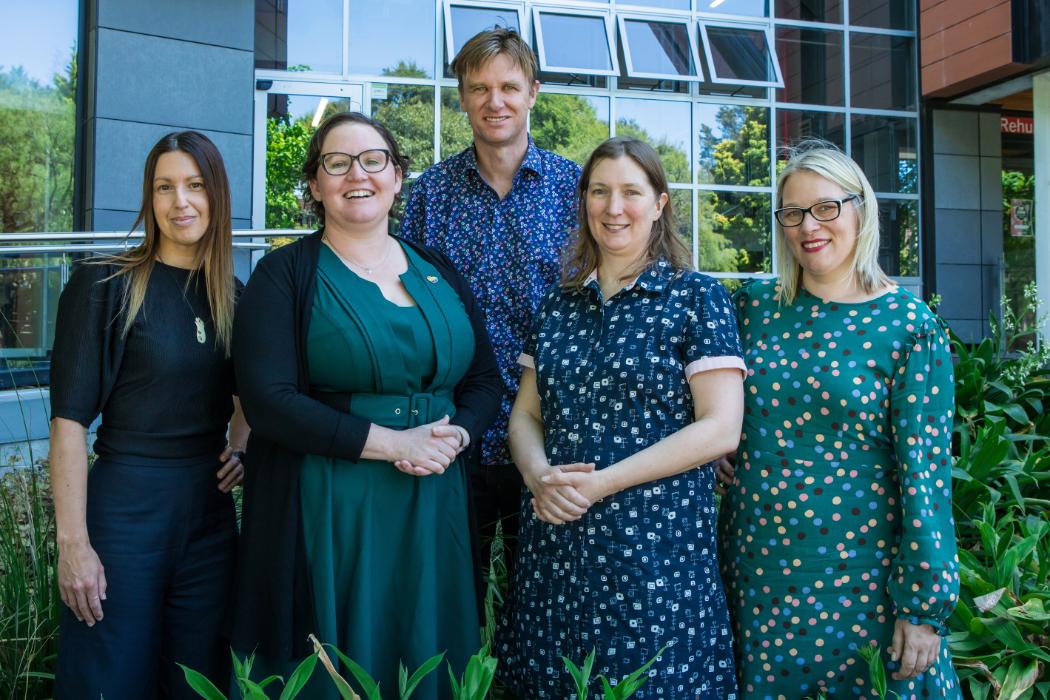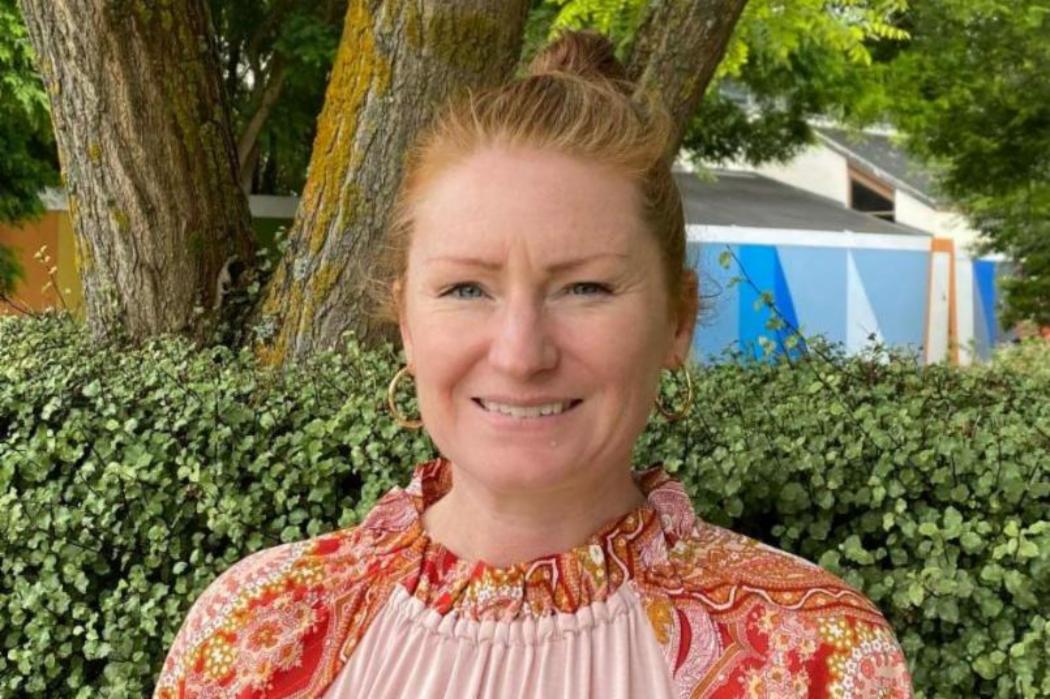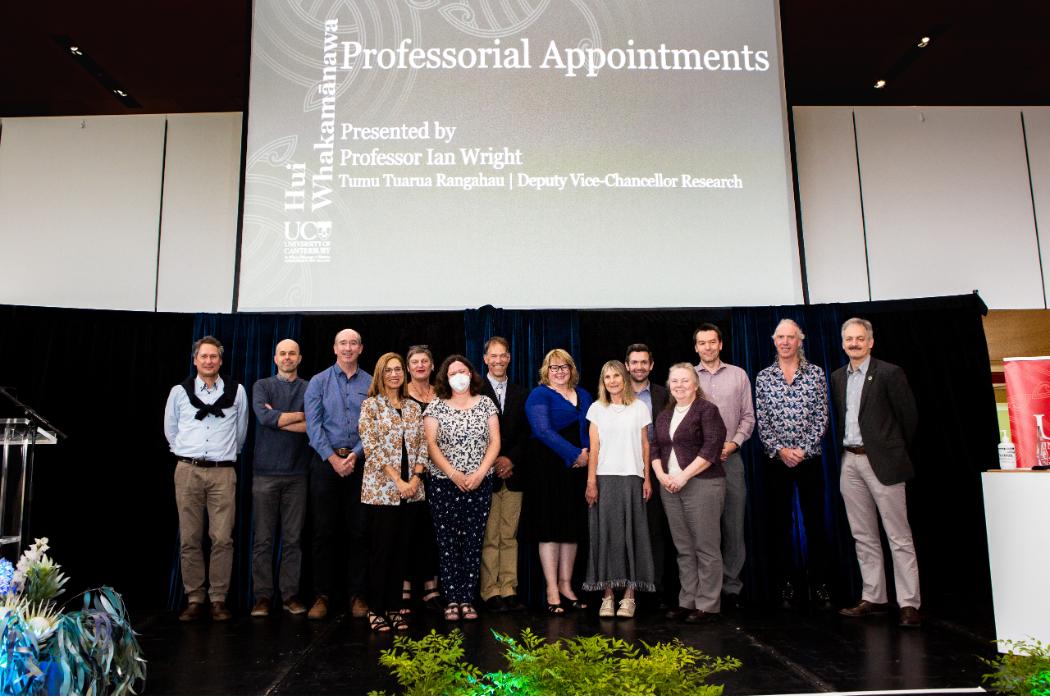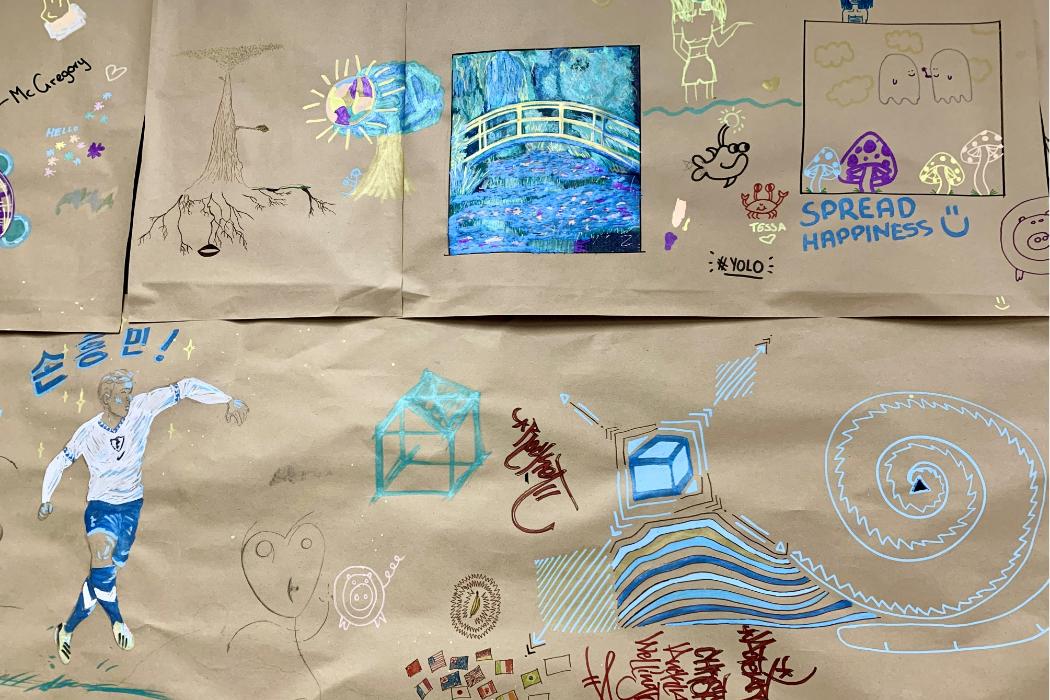The average PALS effect on GPA (grade point average) for PSYC105 was 6.0 (B+ grade) compared to the all-class average of 5.0 (B grade). Course completions also increased from around 69% in 2019, prior to the introduction of PALS, to approximately 84% in 2022.
PSYC105 Course Coordinator and Lecturer Fleur Pawsey says PALS is more than just a learning tool.
“PALS breaks down barriers by being a peer-to-peer environment with other students – it allows them to make friends with others in the same course, swap ideas and bounce things off each other,” she says.
“PALS leaders can better relate to and understand the students as they are still students themselves and have been through the course.”
PSYC105 PALS Leader Joachim Miguel Castillo says he was inspired to become a PALS Leader after struggling in his first year.
“My objective is to help others in areas that I am passionate about and to foster a friendly atmosphere where people may feel secure, connected, and encouraged so that they don't feel the way I did,” he says.
“My aim is to alleviate the worries and anxieties related to university, making it a meaningful and joyful experience. I want to help students feel a sense of belonging so they may establish enduring connections and develop deep bonds with one another.”
While students attend PALS to enhance their academic abilities, it offers much more, he says. “PALS encourages group talks that enable people to engage with one another.”
“PALS excels in this social aspect, where it offers the most benefit – it helps students to not only meet new people but also to greatly benefit from these interpersonal ties by fostering engagement and mutual support.”
PALS is one part of Kia Angitu, UC’s student success programme, a group of initiatives aimed at supporting all first-year students to succeed in tertiary study.



